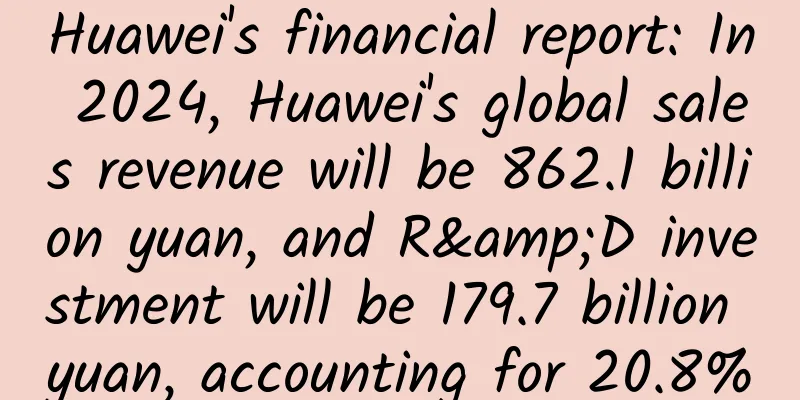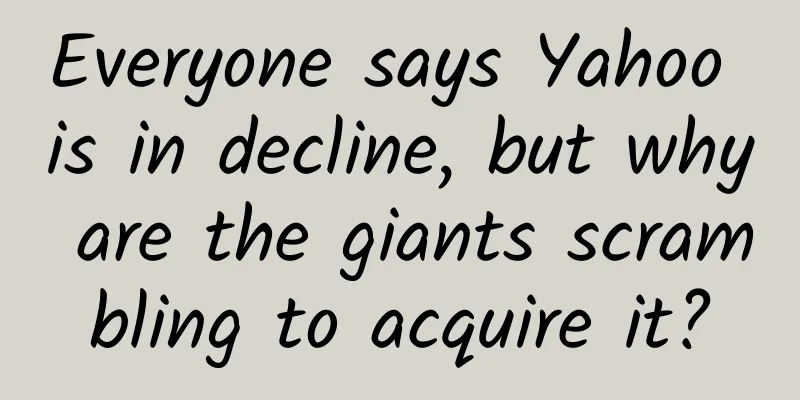Seven core questions about the Didi-Kuaidi merger: Will subsidies continue to be provided to new users?

|
Didi Dache and Kuaidi Dache jointly issued a statement today, announcing the strategic merger of the two companies. As the most important merger in the history of taxi-hailing software, the details behind the transaction are worth paying attention to. Tencent Technology has sorted out the information that has been made public. Who pushed for the merger? An internal email sent by Didi CEO Cheng Wei today showed that on January 21, he and Didi President Liu Qing and Deng Ran launched a secret project in Shenzhen: the Valentine's Day plan, and hoped to complete the plan before Valentine's Day. "22 days later, we did it." Didi President Jean Liu also told the media today that the two sides had formally contacted each other since January 22, reached an agreement before last weekend, and quickly completed the signatures of all shareholders. Jean Liu also emphasized: "This merger was led by the management teams of the two companies, and it was not due to investor bargaining as the outside world said." What is the reason for the merger? In an internal email, Lu Chuanwei, CEO of Kuaidi, said that the two companies have established a common vision for the development prospects of urban mobile travel, which is the biggest reason for deciding on a strategic merger. Other reasons include that vicious, large-scale, and continuous money-burning competition is unsustainable; the merger is a strong common expectation of all investors on both sides; In addition to financial factors, the merger can avoid greater time and opportunity costs, and the new company can immediately accelerate the development of many new businesses. How are company executives appointed? The new company will implement a co-CEO system, with Cheng Wei, CEO of Didi Dache, and Lü Chuanwei, CEO of Kuaidi Dache, serving as co-CEOs. In addition, Liu Qing will also serve as the president of the new company. Liu Qing mentioned that the reason for implementing the Co-CEO system is to maintain the stability of the company's operations. How to integrate the two companies? According to the official statement, the two companies' businesses will continue to develop in parallel and will retain their respective brands and business independence. In addition, an internal email from Kuaishou stated that the two companies "can avoid greater time and opportunity costs after the merger, and the new company can immediately accelerate the development of many new businesses." Liu Qing said that the transition period may be 6 months, but the two companies will definitely be one team in the future. The travel business is very diversified. This year, both companies will launch new businesses in the field of mobile travel, which requires a lot of manpower, so the front-end, back-end and data will gradually be integrated together. Liu Qing also mentioned that in order to better achieve integration, the two parties established an integration office, whose members are core executives of both companies. What will the two companies be valued after the merger? The day before Didi and Kuaidi announced their merger, the Wall Street Journal said the new company would be valued at $6 billion. Earlier media reports showed that Didi's latest valuation was about $3.5 billion and Kuaidi's latest valuation reached $2 billion, but Liu Qing said in an interview that the amount of the previous round of financing had no direct relationship with the valuation of this transaction. Cheng Wei said in an internal email that this merger created three records, one of which was the fastest creation of a top ten Internet company in China. Judging from the current Internet industry structure in China, if you want to be among the top ten, a market value or valuation of $6 billion is indeed a threshold. Therefore, the $6 billion figure given by the Wall Street Journal is more credible. Does the merger of the two companies involve monopoly? After the news of the merger of the two companies was officially announced, the outside world has been concerned about whether the new company is suspected of monopoly. Tao Ran, senior vice president of Kuaidi, said on social media today that the urban travel market is very large, including not only taxis and private cars, but also chauffeurs, buses, subways, etc. The two companies only account for a very small proportion of the travel market, so there is no so-called monopoly. Will the subsidies stop after the merger? In an interview with CCTV financial reporters Wang Yuntong and Jiang Meiyang, Liu Qing said: After the merger of Didi and Kuaidi, the new company will be more diversified in the field of travel. In addition to the existing taxis and special cars, new businesses will be launched in the fields of public transportation, carpooling, and designated drivers. Old customers may follow the example of airlines in the future and implement a membership system to enjoy better services with points. For new customers, the subsidy policy of the past may be continued. It is still very important to continue to cultivate customer awareness and usage habits. As a winner of Toutiao's Qingyun Plan and Baijiahao's Bai+ Plan, the 2019 Baidu Digital Author of the Year, the Baijiahao's Most Popular Author in the Technology Field, the 2019 Sogou Technology and Culture Author, and the 2021 Baijiahao Quarterly Influential Creator, he has won many awards, including the 2013 Sohu Best Industry Media Person, the 2015 China New Media Entrepreneurship Competition Beijing Third Place, the 2015 Guangmang Experience Award, the 2015 China New Media Entrepreneurship Competition Finals Third Place, and the 2018 Baidu Dynamic Annual Powerful Celebrity. |
<<: Foreign media hotly discuss the merger of Didi and Kuaidi: closing the market door to block Uber
>>: Wired: Smartwatches are not the future of wearable devices
Recommend
Dapeng Education - Practical Course in Photo Studio Design Industry Photography Post-production
Dapeng Education - Studio Design Industry Practic...
2017 CES: Autonomous driving becomes a new direction, and technology companies and car companies go their separate ways
Recently, the much-anticipated 2017 International...
Can Chinese mobile phone manufacturers break through Apple’s “moat”?
September no longer seems to be the "exclusi...
What role do microorganisms play in nature?
The ocean has always given people a mysterious fe...
The Internet has completely invaded the Spring Festival Gala: How has traditional TV live broadcast been subverted?
"This is the first time in the history of th...
Product operation strategy of Dianping Points Mall
Life service apps are closely related to users’ l...
[Horizontal Review] Which of the 12 online conference software is easier to use?
As the COVID-19 epidemic continues, most companie...
The initial symptoms of anemia are mild, so don’t take it seriously? You may have underestimated it…
Experts in this article: Zhang Heping, Associate ...
The estimation tool can estimate the following data [Baidu bidding]
The estimation tool can estimate the following da...
Is it true that the sun once had a twin?
The Sun is the only star in our solar system, but...
OPPO K9 Pro mobile phone review: hot appearance and cool core, a great value "light flagship" choice
Today's mobile phone market has fallen into a...
In the world created by “screens”, the word “natural” is becoming less and less common?
Leviathan Press: The author of this article, Alan...
Android 13 will allow users to connect to two operators on one eSIM card
For those who are tired of switching carriers on ...
Nature released the "Top Ten Scientists of 2022", and Peking University's Cao Yunlong was on the list for "tracking the evolution of the new coronavirus"
Nature Cover The pictures and characters in this ...
Removing the mobile phone interface is divided into several steps: charging, data transmission, external devices
In 2020, when people see a mobile phone with a 3....









